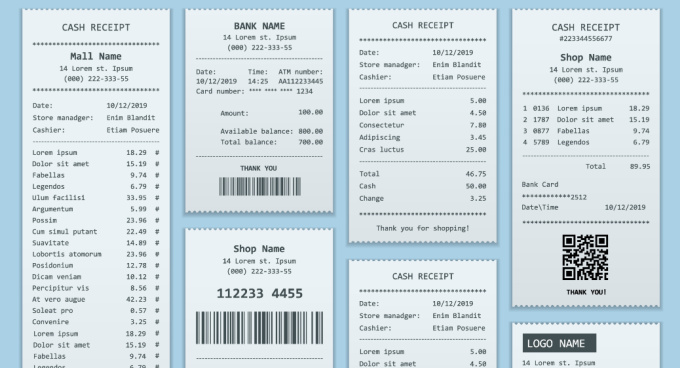Guidance from the IRS Regarding Cash Receipts of $10,000 or More
 Posted by Hannah Borden on September 15, 2025
Posted by Hannah Borden on September 15, 2025
If your business handles large cash payments, you might have more reporting obligations than you think. It’s not just about your tax return; there’s a specific IRS form you need to file. Let’s break down what you need to know.
Why Does the IRS Care About Cash Transactions?
Cash transactions aren’t always suspicious, but they can be used for illegal activities like tax evasion, drug trafficking, or even terrorist financing. To help track these activities, the IRS requires businesses to report certain cash payments using IRS Form 8300.
When Do You Need to File IRS Form 8300?
If your business receives more than $10,000 in cash in a single transaction, or in two or more related transactions, you must file IRS Form 8300. You’ll need details about the payer, including their Social Security or taxpayer ID number.
- Who is a “person”? It could be an individual, company, corporation, partnership, trust, or estate.
- What are “related transactions”? Any transactions between the same payer and recipient within 24 hours. Even if they happen over a longer period, they’re considered related if you know they’re connected.
Electronic Filing Rules
Beginning on January 1, 2024, businesses that are required to e-file other IRS forms (like W-2s or 1099s) must also e-file IRS Form 8300. If you file 10 or more information returns in a year, electronic filing is mandatory.
What Counts as Cash?
For reporting purposes, “cash” includes:
- U.S. and foreign currency
- Cash equivalents like cashier’s checks, bank drafts, traveler’s checks, and money orders
If smaller cashier’s checks or money orders combine with other cash to exceed $10,000, they count too.
What about cryptocurrency? Despite a 2021 law, the IRS announced in 2024 that you don’t need to report digital asset receipts yet—at least until new regulations are issued.
Penalties for Noncompliance
Failing to file IRS Form 8300 can cost you:
- $310 per missed form, up to an annual cap
- Higher penalties for intentional failures
- Possible criminal charges
Stay Compliant
- Keep copies of each IRS Form 8300 for five years
- Remember: confirmation receipts aren’t enough
- Batch filing can save time if you submit multiple forms
Contact us for guidance on IRS compliance and other reporting requirements.


